An all-inclusive experience, redefined…At Bawah Reserve in Indonesia’s pristine Anambas...
Begin your day at Bawah Reserve with your choice from our Juice Butler service: fresh...
If you’ve noticed the beautifully patterned fabrics in your villa, you’ve already...
Ready to make a splash?For guests who are both swimming-fit and up for a challenge,...
Welcome to the thermal contrast therapy facility at Aura Sanctuary at Bawah Reserve,...
Planning your dream private island holiday in Indonesia? Here at Bawah Reserve, we...
3 ways to repost or use our Instagram Reels
We love that you want to share a little...
2024 wellness trends were exciting for sure, but it keeps getting better! The top...
A new subtle yet powerful trend - that of being “demure” and “mindful” - has been...
When we think of bees, honeybees often come to mind. However, at Bawah Reserve, a...
In the heart of Southeast Asia lies a hidden gem that promises a retreat into nature,...
It’s safe to say that if you ask someone to name a tropical island destination, they will...
As we step into 2024, the world of well-being is teeming with transformative trends that...
2 years ago for Earth Day 2022, we created 10 sincere pledges for investing in the planet...
Starting to plan your dream wedding? Some couples have a clear idea of their perfect...
We are often asked about the best time of year to schedule a trip to Bawah Reserve.Which...
Our faraway paradise is well worth the journey and there are many ways to get to Bawah,...
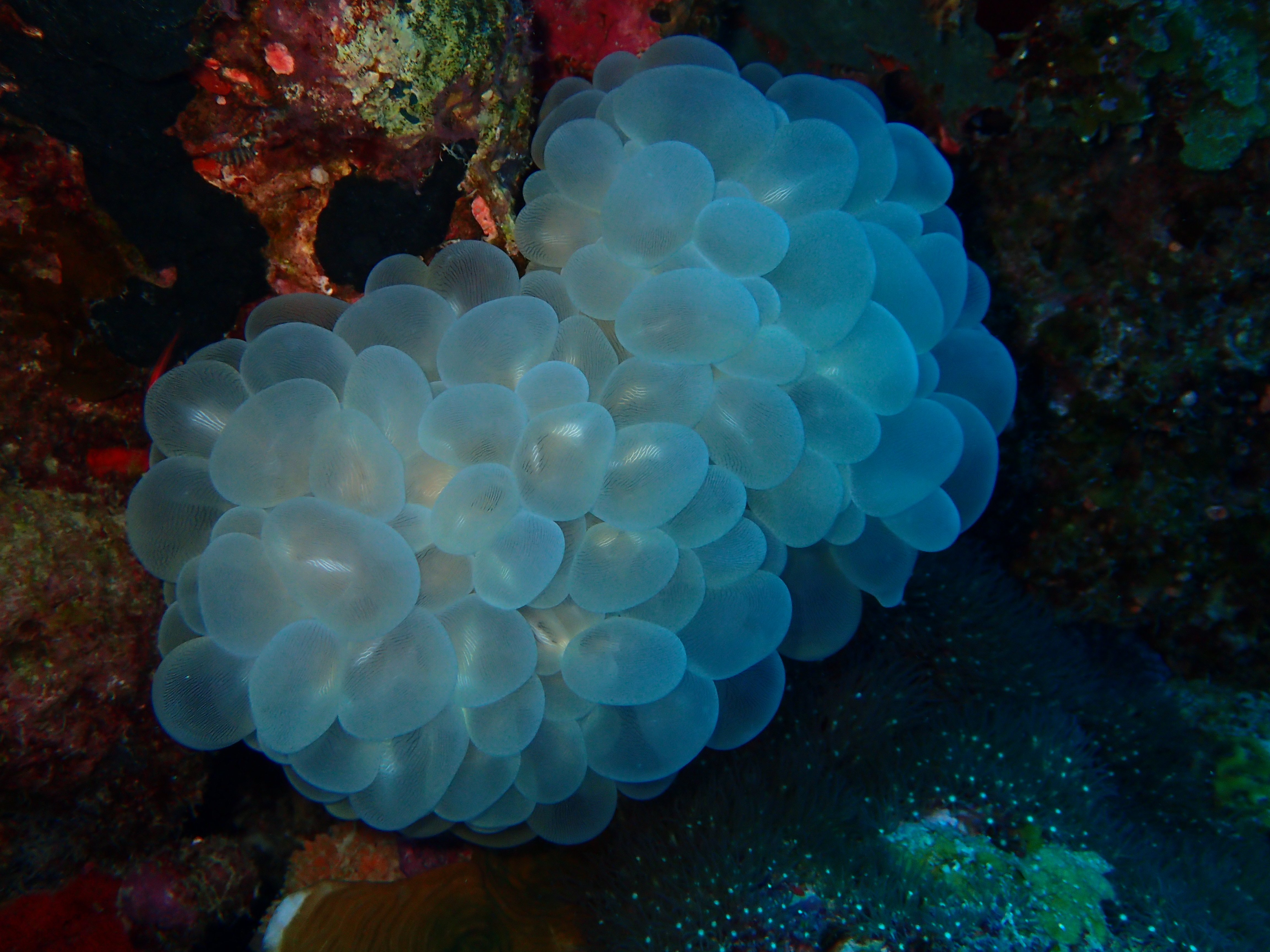
“Coral reefs are the most biologically diverse marine habitats in the world, host to an extraordinary variety of plants and animals. They are also one of the world's most fragile and endangered ecosystems. They are a significant source of food, provide income, and provide countless other benefits to humans. Yet coral reefs around the world are rapidly being degraded by human activities such as overfishing. World Atlas of Coral Reefs
One of the biggest natural tragedies of recent years is the deterioration of the world's coral reef. Once an area for dynamite fishing, Bawah was declared a Marine Conservation Reserve 5 years ago, now a marine protected area with no fishing allowed within a 5km radius.
Recovery is good and we have some fabulous reefs to explore. As coral conservation leaders, we actively monitor the health of the reef and have many plans in place to encourage regrowth. We encourage guests to visit our active coral nurseries and hexadomes, you can even work with the marine biologists and plant your own piece of history.
Our 2 marine biologists resident on Bawah and working for the Anambas Foundation have put together their top 5 must-see coral to look out for whilst diving/snorkelling around Bawah Reserve:
Also known as the long tentacle plate coral, disk coral, or mushroom coral.
A beautiful coral found in shallow waters, reef slopes, and especially in lagoon reef habitats like Bawah. You can see why these are often mistaken for anemones with their long flowing tentacles.
Fun fact: The name Heliofungia comes from the Latin words helios (sun) and fungus (mushroom)
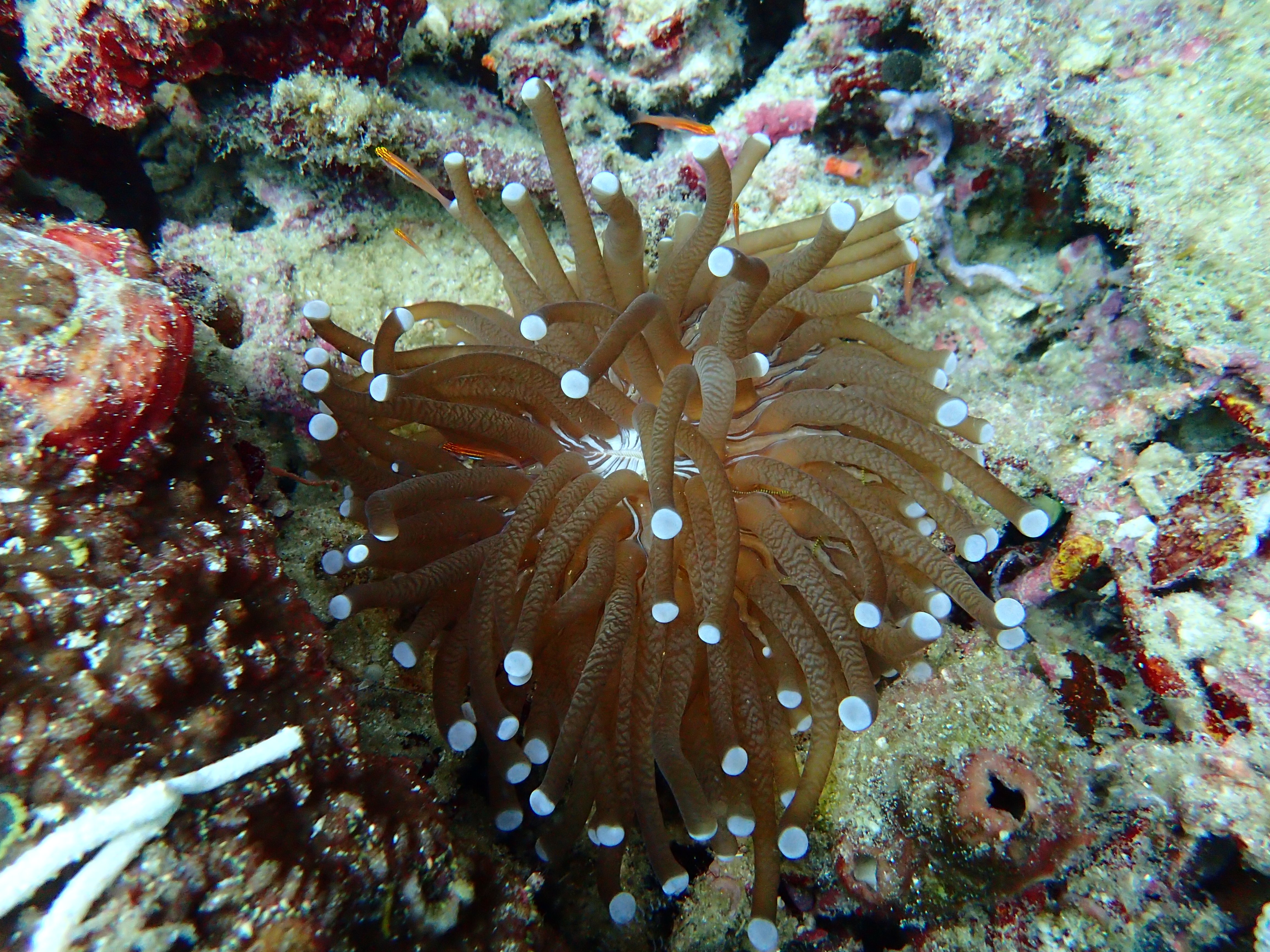
Also known as table coral, elkhorn coral, and staghorn coral. The Acropora mostly grows in branching or tabulated lifeforms. They tend to form colonies that resemble miniature underwater forests and we have lots of them all over our 3 lagoons.
Fun fact: Acropora corals are the largest reef formations in the world, they make up one-third of all reef-building coral species!
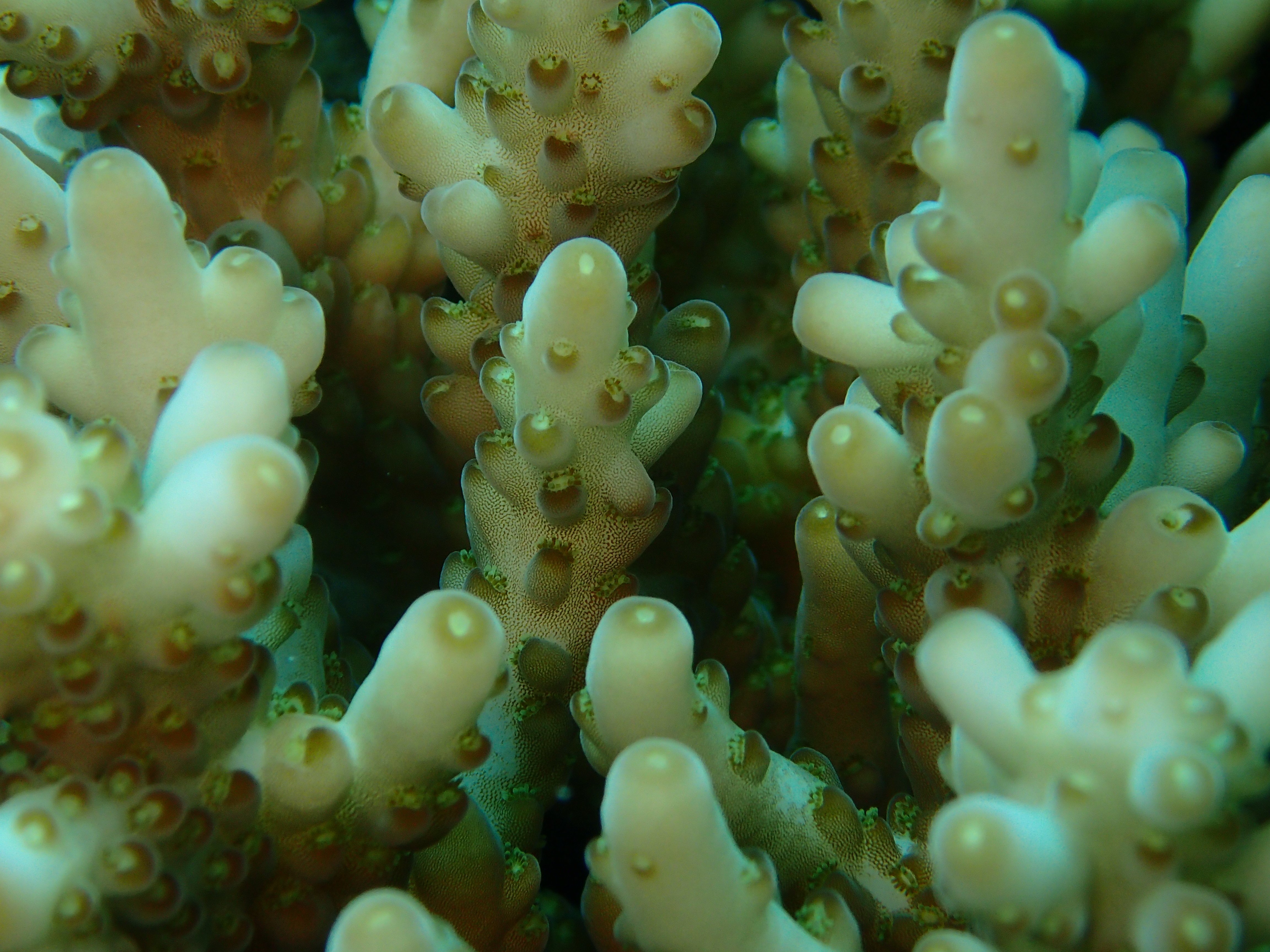
Porites are SPS (Small Polyp Stony) corals. Boulder coral can reach more than 3m in diameter and grow rapidly in ideal conditions such as shallow, sunlit places.
Fun fact: Porites are often used in climate change studies because of their large colonies and the fact that they can grow for several hundred years.
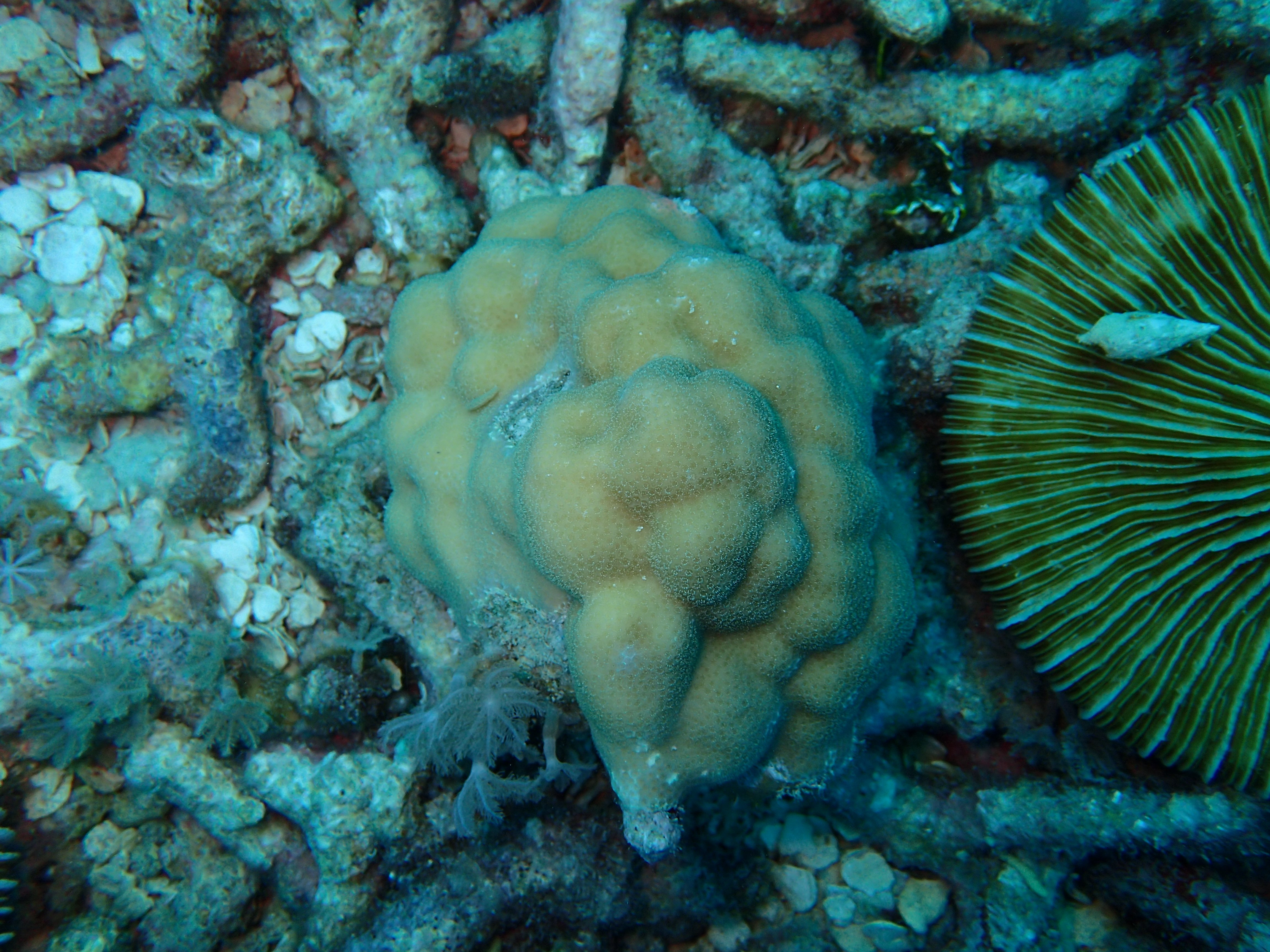
Also known as the Elephant Skin Coral, Corduroy Coral, and Castle Coral. They often have this crinkled/wrinkled-like appearance.
Fun fact: The name comes from the Latin words: Pachys' which means 'thick' and 'seris' means 'lettuce-like' - You can see why...
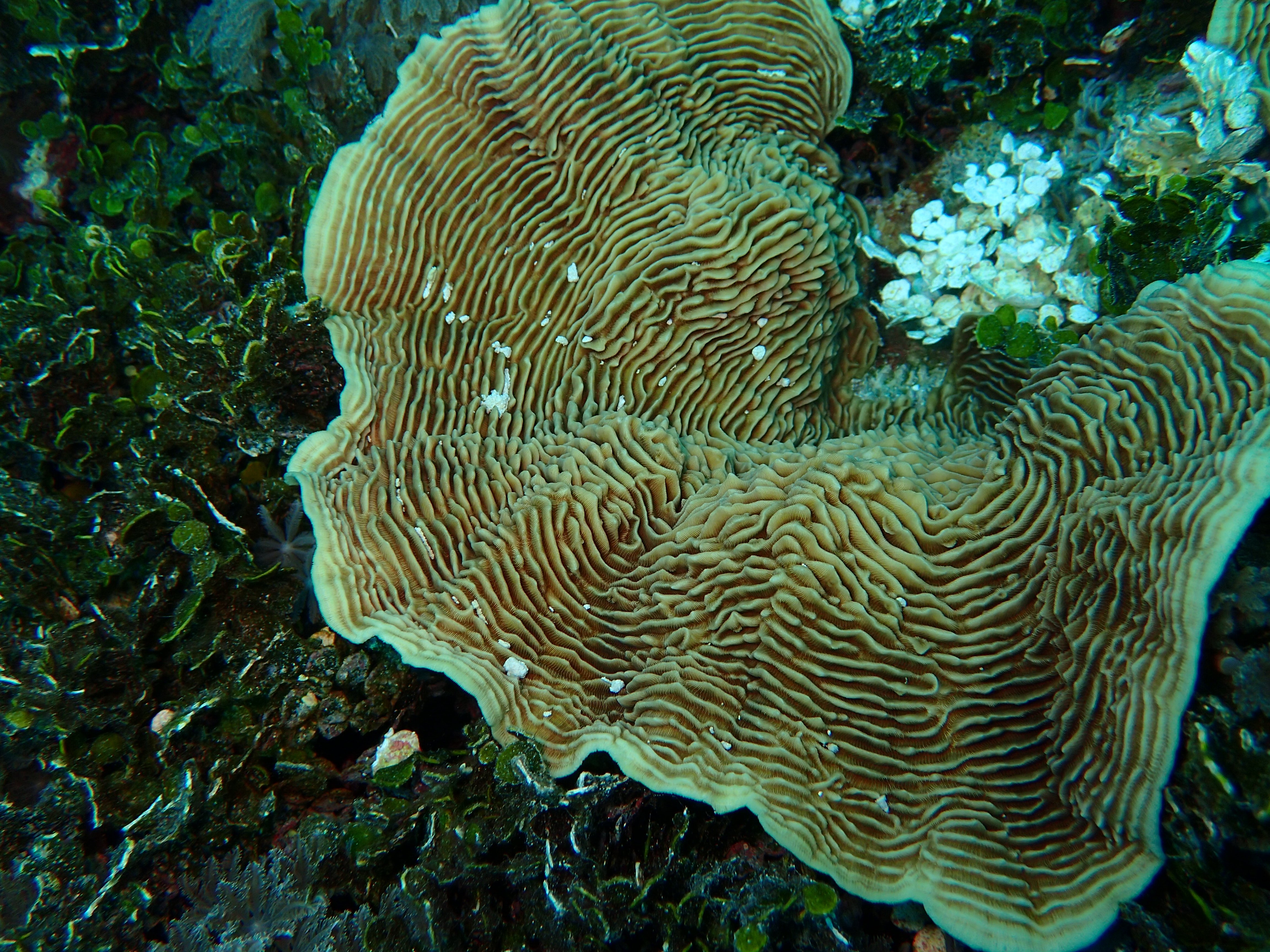
Also known as Bubble coral, bladder coral, grape coral, octobubble coral. Very photogenic with its blue grape-sized bubbles. They like to live in sheltered reefs at depths from 3 to 35 meters
Fun fact: Named the bubble coral due to the way that the bubbles increase and decrease in size according to the amount of light available.
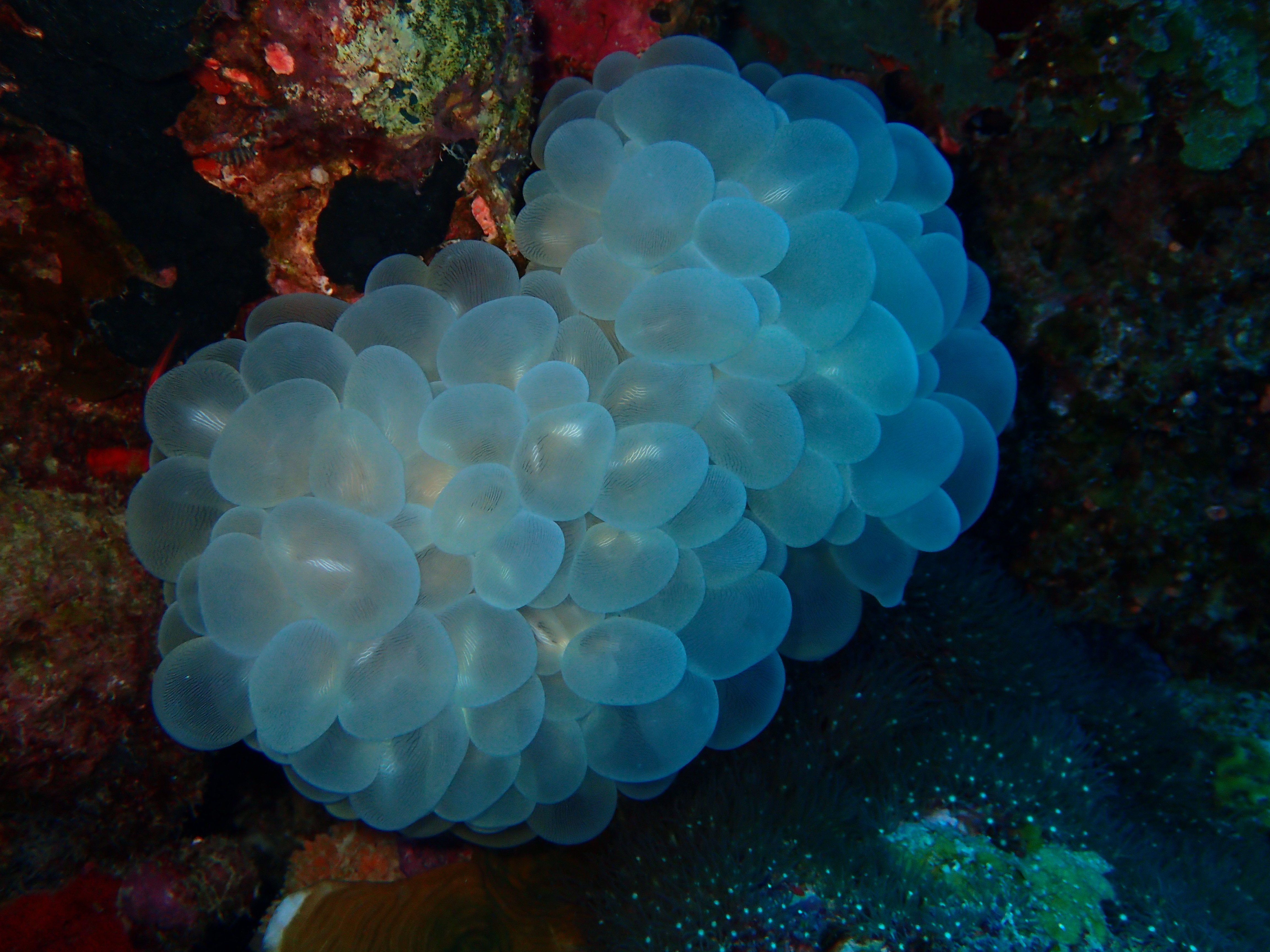
We do hope you spot all of these during your stay with us. We have lots of experts on Bawah to help you plan your diving and snorkelling. Be sure to discuss your needs with our registered PADI dive centre, our activities team, and our marine biologists. There are also some fabulous coral identification apps/websites to help you identify any other coral you may see - You could try: Atoll Coral identification app or the Corals of the world website.
Please do share your Bawah coral pictures and stories too.
If you would like to learn more about our community-based coral reef conservation and monitoring and how you can get involved please click here.
Always remember these top 5 rules to protect our coral reefs
An all-inclusive experience, redefined…At Bawah Reserve in Indonesia’s pristine Anambas...
Begin your day at Bawah Reserve with your choice from our Juice Butler service: fresh...
If you’ve noticed the beautifully patterned fabrics in your villa, you’ve already...
Ready to make a splash?For guests who are both swimming-fit and up for a challenge,...
Welcome to the thermal contrast therapy facility at Aura Sanctuary at Bawah Reserve,...
Planning your dream private island holiday in Indonesia? Here at Bawah Reserve, we...
3 ways to repost or use our Instagram Reels
We love that you want to share a little...
2024 wellness trends were exciting for sure, but it keeps getting better! The top...
A new subtle yet powerful trend - that of being “demure” and “mindful” - has been...
When we think of bees, honeybees often come to mind. However, at Bawah Reserve, a...
In the heart of Southeast Asia lies a hidden gem that promises a retreat into nature,...
It’s safe to say that if you ask someone to name a tropical island destination, they will...
As we step into 2024, the world of well-being is teeming with transformative trends that...
2 years ago for Earth Day 2022, we created 10 sincere pledges for investing in the planet...
Starting to plan your dream wedding? Some couples have a clear idea of their perfect...
We are often asked about the best time of year to schedule a trip to Bawah Reserve.Which...
Our faraway paradise is well worth the journey and there are many ways to get to Bawah,...
© Bawah Reserve 2024. Anambas. Riau Islands. Indonesia
leave a comment